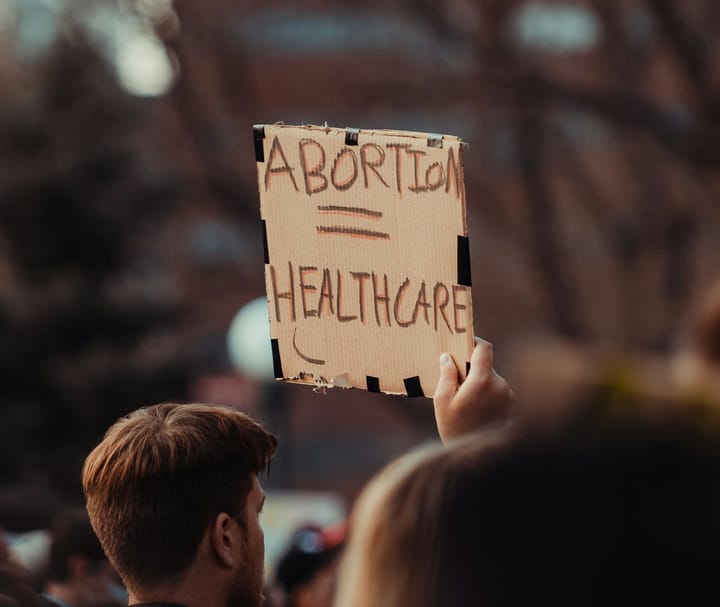The Dangerous Reality Of An Abortion Exception Bill
A growing number of voices in the reproductive health community are urging lawmakers to consider the real threats posed by House Bill 44.

On Monday, the Texas House Public Health committee will be taking public testimony about a bill that purports to clarify the medical exceptions to the state’s near-total abortion ban. And while many House Democrats have been championing the bipartisan legislation, a growing number of voices in the reproductive health community are urging the lawmakers to consider the real threats posed by the bill.
House Bill 44 (the companion legislation to Senate Bill 31) is being billed as a solution, a way for physicians to have added clarity when declaring a patient needs a medically necessary abortion in Texas. But the bill actually amends an archaic abortion ban which dates back to 1925. And that abortion ban could not only endanger patients, but the very groups that are working to share information like abortion funds if it is considered back on the books. Not only does it call performing an abortion an offense, but also “furnishing the means.” That particular phrase is key for why many reproductive rights experts are raising alarm bells about HB 44.
Another alarm bell for reproductive experts is the very fact that many anti-abortion actors in the state, including the president of Texas Right to Life, helped draft the legislation. Molly Duane, from the Center for Reproductive Rights, told the Houston Chronicle about the “catastrophic consequences” that could arise from the legislation and resurrecting a century-old zombie bill. “I just don't understand why anyone would take that risk and put pregnant people in their and their families and people that help them in harm's way,” she told the Chronicle.
Four plaintiffs from the Zurawski v. Texas case, in which women who were denied medically necessary abortions sued the state, testified in front of the Texas State Senate Affairs committee about SB 31 on March 27. Amanda Zurawski said that it was unclear if the bill would have prevented her own medical trauma. After her water broke at 18 weeks, Zurawski was denied an abortion until after enduring sepsis for three days. While she thanked the lawmakers for putting in the work to craft the bill, she returned to the threats posed by the 1925 ban. “If this bill had existed when I nearly died, would I have been criminalized for seeking care to save my own life?”
Physicians for Reproductive Health has also come out against House Bill 44. Their Board Chair Dr. Ghazalah Moayedi, who is also an OB-GYN in Texas, issued a statement about the “dangerous” bill. “The Texas legislature is reviving a century old and out of use criminal abortion ban to target, surveil, and criminalize people who have been living through the harmful ripple effect of their cruelly designed abortion bans for years,” they said. “What is unique is that this bill is being presented as a fix to our current abortion access crisis, but it will actually only instead cause more harm.”
Despite the many warnings about HB 44 and SB 31, many Democrats in the Texas House and Senate remain committed to the legislation. State Rep. Ann Johnson, State Rep. Donna Howard, and State Senator Carol Alvarado penned an op-ed in the Austin American-Statesman outlining why they believe the bills must pass. State Rep. Wu responded to the concerns of reproductive rights experts about HB 44 and SB 31 in the Chronicle and called them “righteous political posturing.”
Testimony about HB 44 will begin Monday morning in the Texas House Public Health committee. A livestream is here.



Comments ()